Raise your hand if this is you: It’s Saturday. You hop in the car. You turn on your ignition. Ten minutes later, you’re at the grocery store.
But you don’t remember the road you took, the trees you saw, lilacs in bloom, or a smiling face on the crosswalk that passed you by.
Or let’s try this: Someone asks you what you did over the weekend, and you have to pull out your phone to remember, because the days pass by in a haze.
In the course of your life, you’ll forget more things than you’ll ever remember. The human mind is a beautiful wilderness, which includes both imaginative spaces and scary places. It takes less than thirty seconds for a passing thought to become an obsession. As humans, we tend to view the world with a negativity bias, though habits, and obsessions, can be hard to break. The human mind requires care and attention for it to develop and recognize its own strength.
In Western society, we’re often fixated on the idea of controlling things—and how badly we want for the world to go as planned. If it doesn’t go our way, we often feel overwhelmed with anxiety. But, psychology studies show that the majority of life is due to chance. What does this mean? Do we give up and accept what life offers us?
Yes and no. Young children can and should be trained on healthy decision-making, and how positive decisions, especially ones about their own mental health, could benefit them holistically in the long-term. So let’s take an in-depth look at coping skills for children.
What Kinds of Coping Skills Exist?
Before we discuss specific coping skills for children, it may be helpful to consider various categories of coping strategies.
- Emotional Coping: working through something when you can’t change the outcome. For example: processing grief from the death of a loved one.
- Problem-based Coping: working with a situation that can be changed. For example: gathering the courage to report a school bully.
- Avoidance Coping: examples include overeating, deflecting anxiety by playing video games instead of studying for a test, dulling emotions through excessive screen use, etc.
How do we support PK-5 students in developing coping skills to process emotional or problem-based challenges?
Five Healthy Coping Skills for Children
Give Words to Feelings
Children often lack the vocabulary to express the nuance of what they may feel—which can lead to grief manifesting as aggressive behavior or giddiness translating in remote classroom disruption. Giving children skills to develop their emotional IQ is something they can carry successfully to adulthood. For younger children, this can come in the form of pointing to a diagram to name an emotion.
A way you can help: “I notice you’re scrunching up your shoulders. What are you feeling?” If a child doesn’t know, you can offer one of eight core emotions to start. Open-ended questions can be scary for younger children when there is no context, so offer some options if you wish.
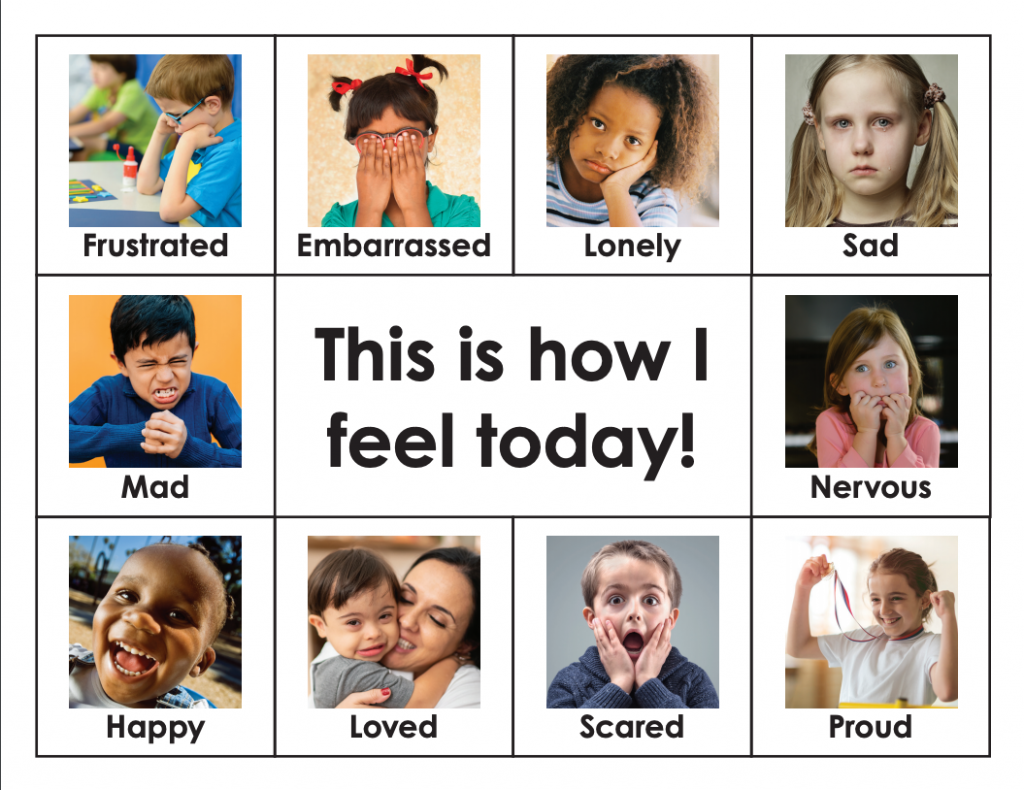
Notice Your Triggers
Repetitive responses to common triggers can be habit-forming. It is important to teach observation of triggers using nonjudgmental language. For instance, if you hear a child say: “I feel ugly and look awkward on my Instagram posts, and people are making fun of me for a good reason,” redirect a student to say: “I notice my classmate posts photos on Instagram, and they receive likes.” By removing catastrophic language that can lead to snowballing, this redirection can address a root cause to form a basis for your discussion.
Notice Your Body
In today’s times, children are experiencing or noticing harsh realities. It becomes common to dissociate or feel disembodied. We’re not just floating minds—and technology doesn’t help reinforce this truth. Lead students in guided body scans, taking deep bubble breaths, and pinpointing pain (does it hurt in your belly? In your throat?). By noticing potential physical manifestations of the unconscious mind, children can learn to honor and recognize the part of their body that is hurting.
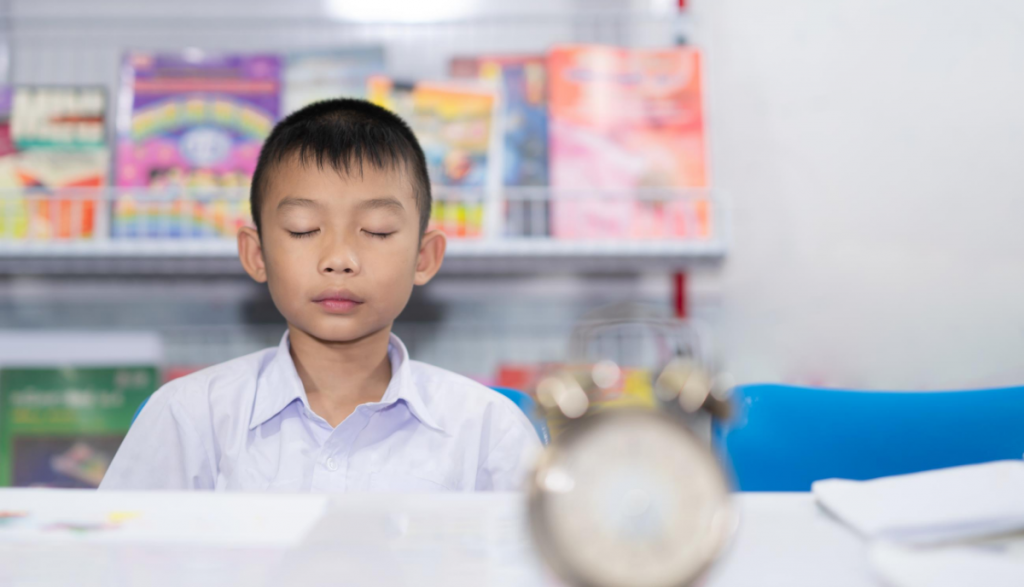
When in Doubt, Write it Down
Writing prompts: how will this specific pain impact your life in ten years? What is the cause and effect of this decision? What are the pros and cons of advocating for yourself? Can you list out your goals? Note: these strategies are best applied to problem-based coping, and for children who enjoy writing or journaling.
Teach Deep Listening Skills
Active listening is a place to start—deep listening is a place to land. An example of deep listening is to listen without judgement, without reaction, or without the need to interrupt and relay your own experience. For example: offer up a full 2-5-minute block of allowing a student to share their day using nonjudgmental language. At the completion of the story, summarize what they just said. Through reflection and acknowledgement of what’s been said, not only do children feel validated, but they feel their stories matter. Deep listening is often preceded by a short meditation exercise.
Reflecting Learning Patterns
Everybody learns differently. Everybody copes differently. It’s fascinating to consider how coping strategies can be tailored to specific learning patterns, such as for the visual, audio, and kinesthetic model.
If a student expresses learning best through listening, a coping strategy could take the form of repeating a mantra (“I am a person who matters”) from a slip of paper taped to a bedroom mirror. A visual learner may need to draw out their emotions (fun fact: different marker colors help light up different learning centers of the brain). A kinesthetic learner may appreciate a game or stress ball they can mold to shape their experience.
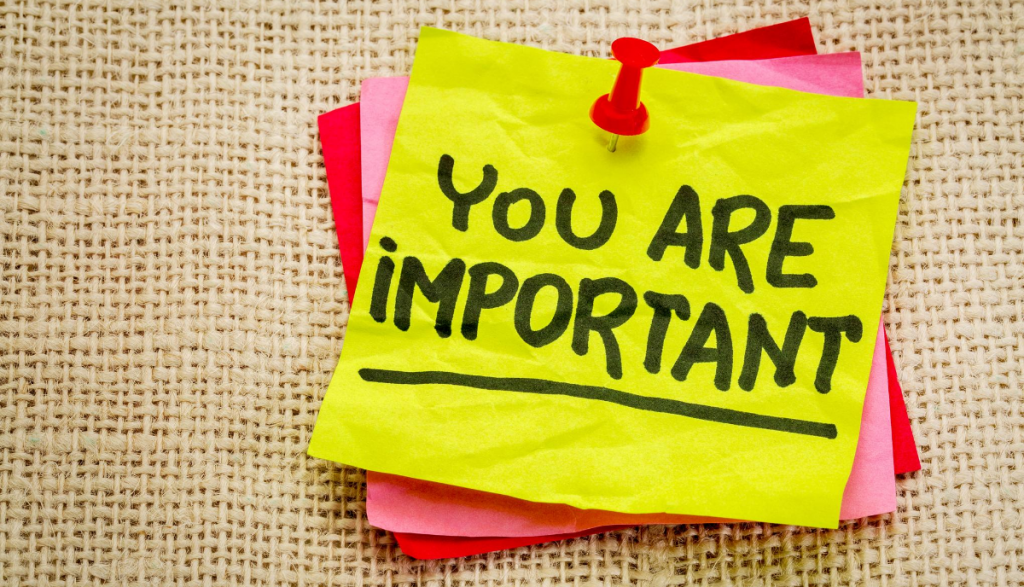
Model Healthy Coping Skills for Children
You’re not just a counselor. Sometimes you’re a nurse, a social worker, a mediator, a peacekeeper, a punching bag, the list goes on. Let me take a second and thank you.
The work we do is endless, and HARD.
Remember what drew you to children in the first place. Often, a child’s best access to a trusted adult is: you. By modeling coping skills during hard times, a child can learn valuable lessons to apply elsewhere.
Support children in identifying role models (whether public figures or close loved ones) and unraveling which behaviors lead to strong future foundations. Consider and encourage the formation of brave spaces, which are inclusive of all genders and identities, teach mitigation of conflict, and do not accept social norms present in systemically inequitable societies.
For more strategies on coping skills for children, check out The Counselor’s Playbook for Elementary School Counselors.
Jenny is the Counseling Services Coordinator at ESC Region 13.

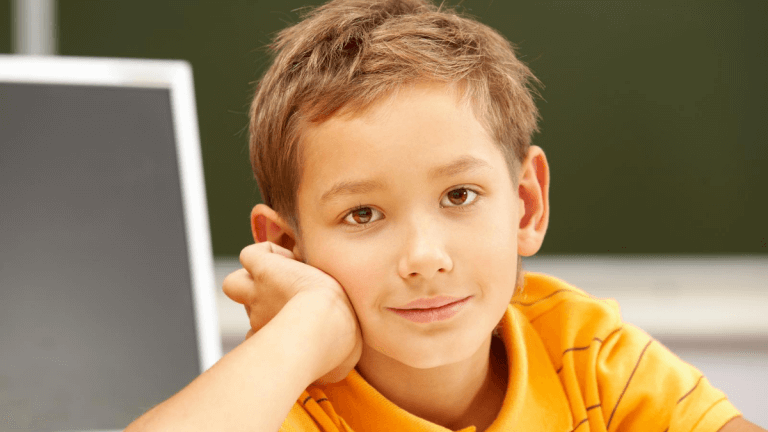

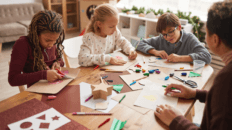


Add comment